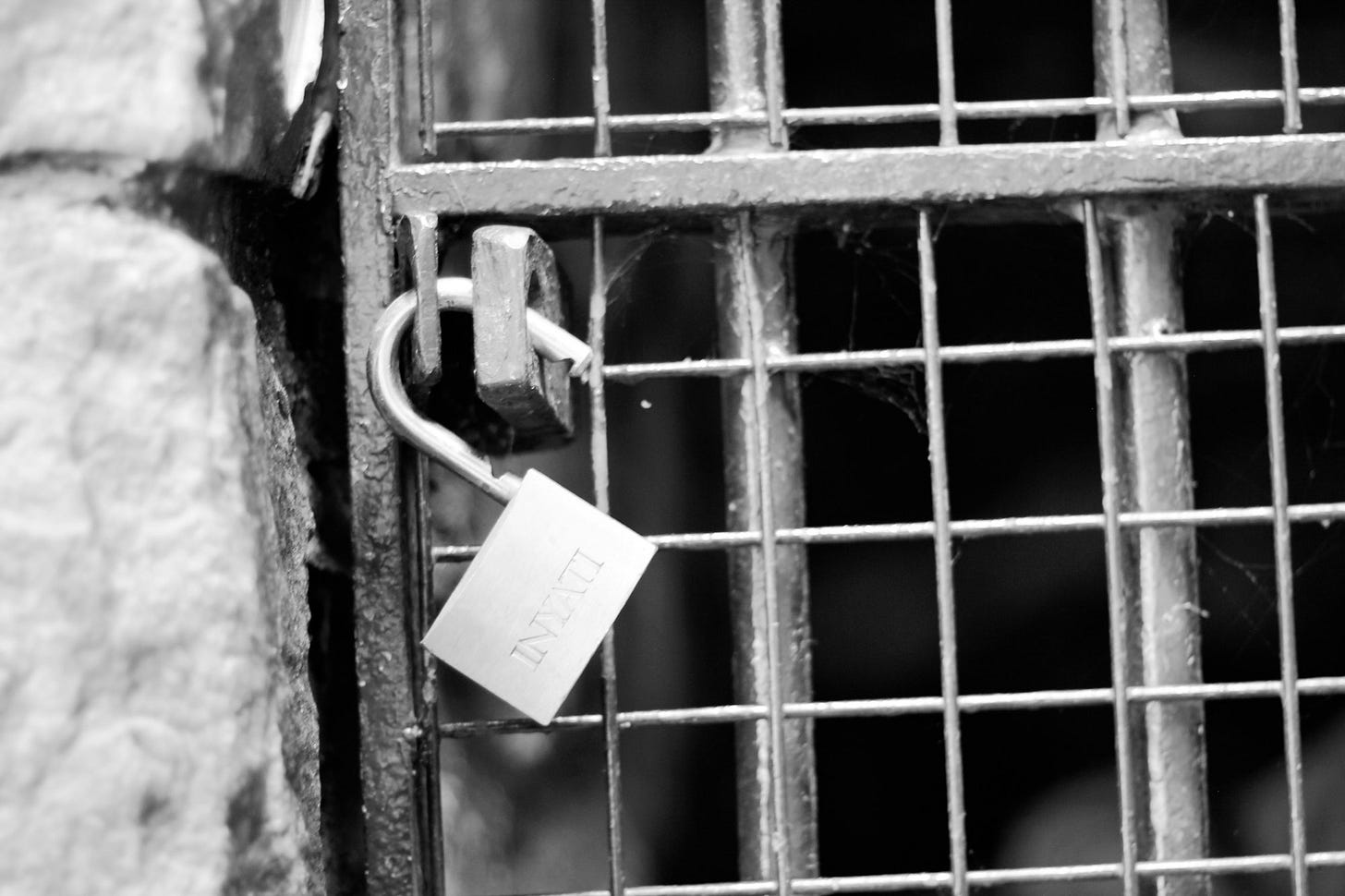The Hard Work Trap
Truth about hard work: direction matters more than effort.

Have you ever confused exhaustion with excellence?
I watch business owners do this every day. They wear busyness like a badge of honor.
"If I'm struggling, I must be growing." "If my day is packed, I must be productive." "If it hurts, it must be helping."
But here's the truth about hard work: direction matters more than effort.
There's a world of difference between doing HARD things and doing things the HARD and DUMB way.
Consider the founder who spends three hours daily reviewing every line of code her team writes. "No one else has my eye for detail," she insists.
Meanwhile, the actual constraint – slow product development cycles – remains untouched.
She's working HARD and DUMB.
Or the consultant who customizes every client proposal from scratch, spending hours on formatting and wording tweaks, when having a template system would deliver 90% of the quality in 10% of the time.
HARD and DUMB.
The business owner who responds to every customer email personally at 11 PM instead of creating templates, FAQs, or hiring support. They feel indispensable but are actually stuck in an exhausting loop that doesn't address the real constraint to scaling.
HARD and DUMB.
Here's what winners understand: Hard work only counts when it targets your true bottlenecks.
When Steve Jobs returned to Apple in 1997, he found a company making dozens of computer models, printers, and random devices. Everyone was working frantically, but profits were plummeting.
His response wasn't to work harder on all those projects. Instead, he did the hard thing: cutting the product line by 70%. He focused the company's energy on just four products.
HARD and SMART.
Jeff Bezos spent years insisting Amazon meetings begin with silent reading of six-page memos instead of PowerPoint presentations. Hard? Yes. But it eliminated the constraint of shallow thinking that plagues most companies.
HARD and SMART.
Warren Buffett famously keeps an almost empty calendar and says "no" to almost everything. Hard? Absolutely. But it addresses his true constraint: decision quality over quantity.
HARD and SMART.
Phil Knight of Nike insisted on personally visiting factories in Asia for years, building relationships that gave Nike manufacturing advantages competitors couldn't match. Hard? Absolutely. But it solved their production constraint.
HARD and SMART.
There's a simple test to know which kind of work you're doing:
Ask yourself:
Am I working on what's truly constraining my business right now, or am I just staying busy?
If I were starting my business today, would I set up this process the same way?
Does this project directly address a bottleneck, or am I just making work?
The most successful people aren't the ones who work hardest. They're the ones who work hardest on what actually matters.
The world doesn't reward effort. It rewards results.
Choose HARD and SMART.
Not just HARD.
~ aq

